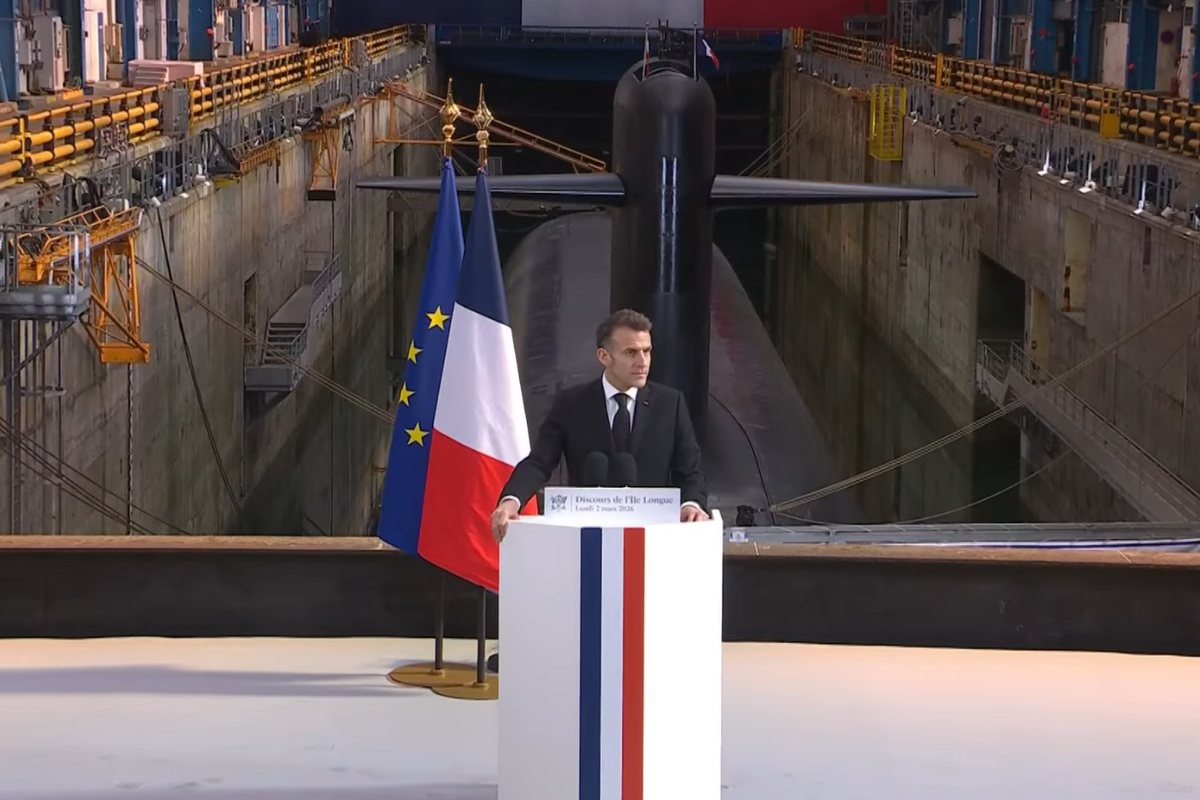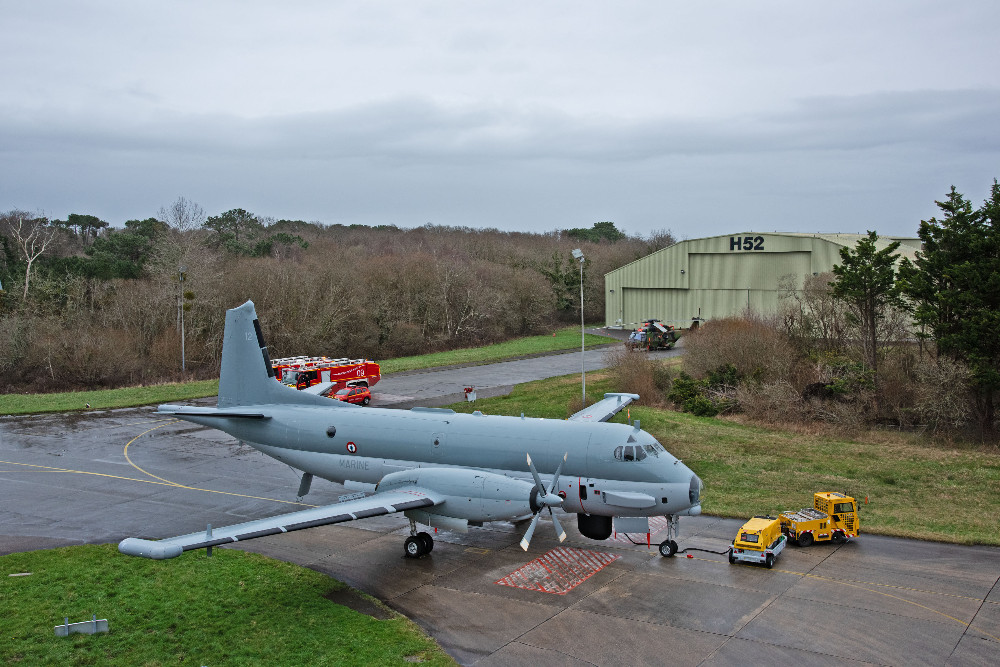From the fall of Baghdad (mobile operations) to the battle of Fallujah (swarming) or Basra (siege warfare) the war in Iraq has covered the full spectrum of urban operations, and confirms the opinion of many observers of the major threat which the pacification of urban areas poses to Western armies. Looking back on the growing friction between ‘transformation’ and ‘adaptation’, the author attempts here to explore the American doctrinal reinvention of urban warfare and its repercussions on the strategic conduct of urban stabilisation operations, especially by the comprehensive–termed interagency–integration of quasi-public non-governmental groups without access to regular forces.








